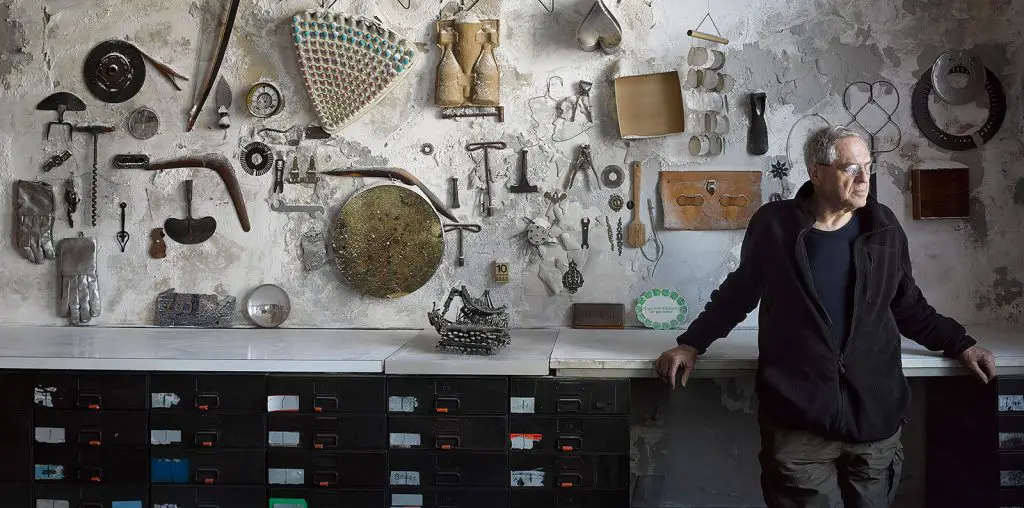
“I guess I haven’t seen that many teen movies lately,” admits Joelle Fraser, underscoring her confession with the kind of contagious and slightly-giggly laugh that makes everyone within earshot burst into smiles. Fraser, author of the instantly notorious, critically-lauded memoir The Territory of Men, has just experienced her first teen movie in several years (she’s 35), and, it turns out, was quite impressed. “If all teen movies are like Blue Crush, she says, then wow! I’ve been missing out.”
Note to Joelle Fraser: most teen movies are nothing like Blue Crush, not to say that it’s a masterpiece or anything. Blue Crush is a little sloppy around the edges, but nevertheless, it was full of pleasant surprises for first-time author Fraser, in part because it bore so many eerie similarities to her own life story, as described in heartbreakingly poetic detail in the sensational new book. Blue Crush, based on a magazine article about Hawaiian surfer girls, follows the gritty adventures of three hard-bodied surfer girls in modern-day Hawaii, primarily Anne Marie (Kate Bosworth), who dreams of competing in a major surfing competition, but has a lot of issues to overcome first:men, mothers, fear of drowning, that kind of thing.
“I haven’t felt such nostalgia in a long time,” murmurs Fraser, spinning off a list of movie-moments that zapped her own memory circuits: all those beach shacks and Boogie Boards and beater cars, pleading at convenience stores for Kama Aina rates, an absent mother and a younger sibling to raise on her own, the very same issues of class and poverty and by eerie coincidence, the same job: hotel maid at a beach resort. “I so identified with that hotel stuff,” she grimaces. “Cleaning up pubic hairs on the bathroom floor, vacuuming up all kinds of human waste and garbage, that kind of stuff.” Stuff like, uh, walking into a hotel room and stepping on a just-used condom? “Yeah stuff like that,” Fraser laughs. “I don’t even want to think about it.”
Me either.
“You know what was really weird,” she asks, moving on to the film’s portrayal of the whole surfing culture on Hawaii. “There was no pot smoking in the movie. I guess they were trying to PG the movie, but in real life there would have been more partying and a lot more drugs. Pot and surfing go hand in hand. Hell, when I was living in Hawaii, I’d get stoned sometimes three or four times a day.”
To anyone who’s read Fraser’s book, it will come as no surprise that what slammed her the hardest about Blue Crush was not the film’s extraordinary surfing scenes, the all-night partying, or the icky hotel schtick: It was Anne Marie’s painful struggle to avoid following the footsteps of her mother, in regards to living for men and compulsively giving up her own dreams.
“That stuff really hit me,” Fraser says. “I could so identify with that young girl, wanting to shake that off, that whole ‘Like Mother, Like Daughter’ expectation that people have. It’s so hard, wanting to say, ‘No. That’s my mother. That’s not me‘, and at the same time having to face the fact that, yeah, who my mother is and what she’s done is a big part of me. It’s part of me, and I’m always gonna have to fight that part.”
In the movie, Anne Marie’s friends are more than aware of her self-destructive nature, and when she begins to skip surfing practice to go romping with a vacationing quarterback, they are quick to tell her she’s messing up.
“And they’re right,” Fraser agrees. “It’s hard to devote yourself to a man and devote yourself to a dream. It really is. That’s why I’m single right now, I think, because I’m really devoted to what I’m doing. And I’m devoted to writing my next book, and a guy is just going to get in the way. A guy just takes away your energy and your concentration. A guy will ruin your focus. And for what she was doing, preparing for that surfing contest, she needed 150 percent of her focus.
“To pursue a dream,” she goes on, “you have to become single-minded, and somewhat obsessed. And when you have a guy, you spend all your time thinking about him instead of your dream, or you’re thinking about ‘What should I wear tonight when I see him?’ or ‘Ooh, what about what I said to him last night? I wonder how he reacted to that?’ Ten percent of your mind is drawn away. It can change the direction of your life. All of a sudden, instead of having a hundred doors open, you are with a guy and there are only these ten doors available.”
So Joelle, would you say this is a positive for teen girls to see?
“Oh yeah. This is a movie for any girl who wants to be inspired, and for any guy who is willing to start seeing girls in a different light. Girls will be so inspired by this story. She is truly feminist but clearly hasn’t lost her sexuality at the same time, which is a big fear among young women today, that tomboy thing, but she kept it all. And then the other thing was watching a girl kick a*s like that. I think it’s good for guys to see that. I really think a movie like this, if it’s seen by enough young people, can change the way men and women relate. It could actually increase the level of respect there is for women, both in the way men see women and the way women see themselves.”
“I know if I had a kid,” she says, “I’d make them see this movie.”
____________________________________________________________
Writer David Templeton takes interesting people to the movies in his ongoing quest for the ultimate post-film conversation. This is not a review; rather, it’s a freewheeling, tangential discussion of art, alternative ideas, and popular culture.
